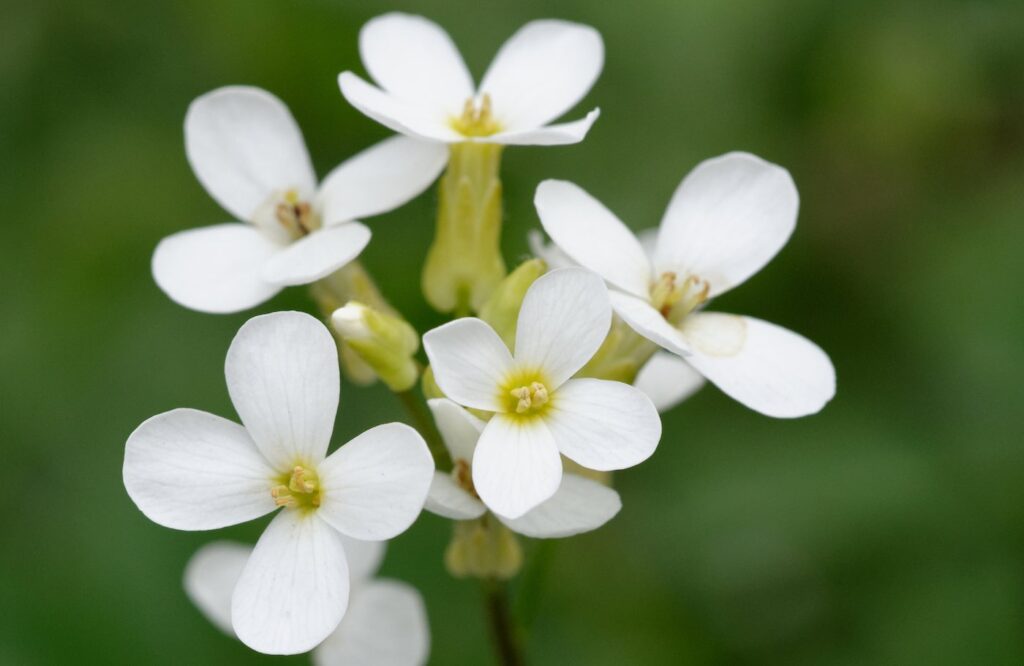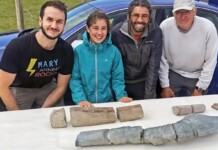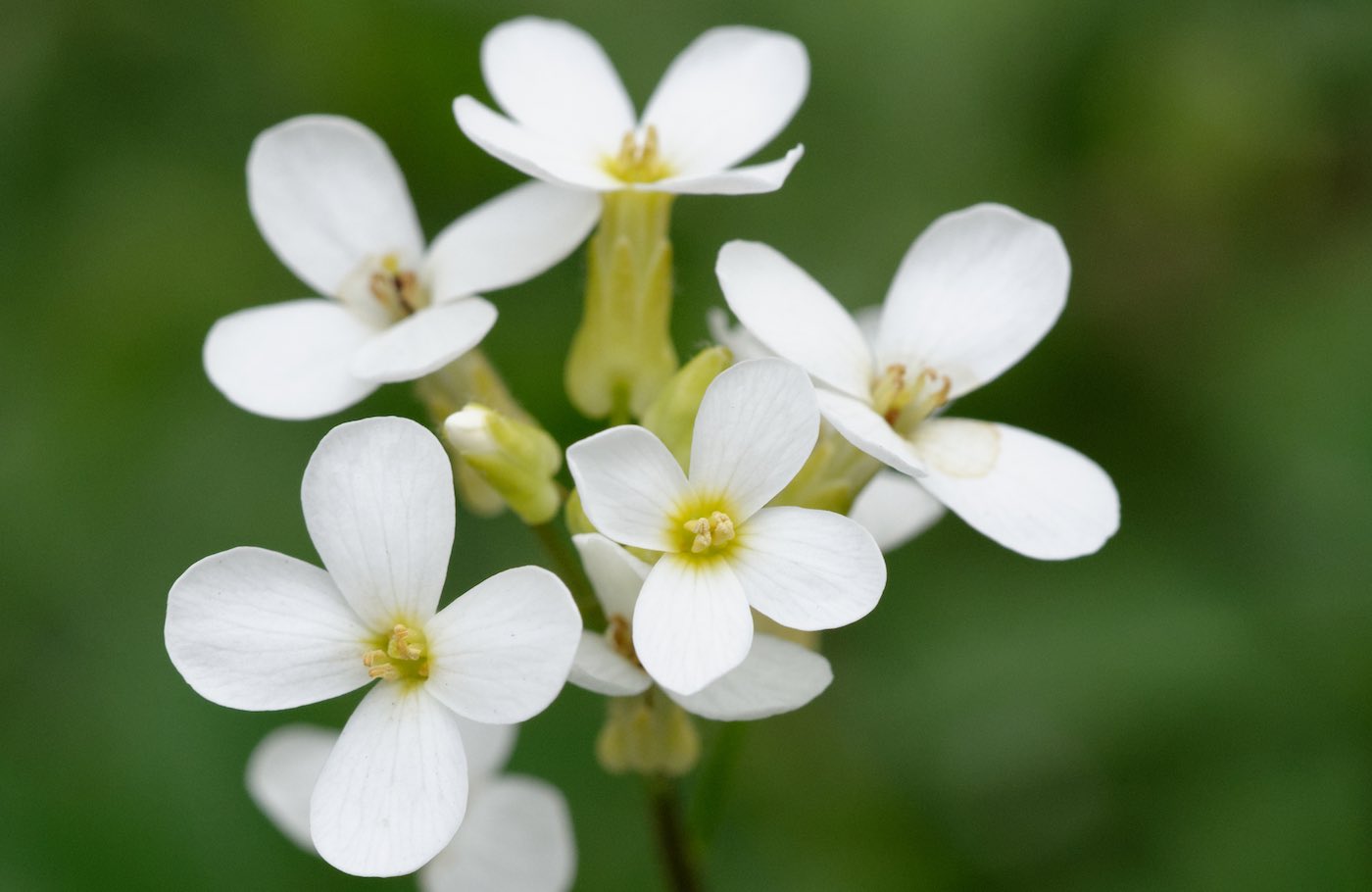A plant which had previously been dismissed as not being medically useful could prove to be a hero in disguise, after scientists discovered that it stops the growth of breast cancer cells.

The ground-breaking research, which could lead to future chemotherapy cancer advances, starred Arabidopsis thaliana – also known as thale cress.
The leaves were treated with the plant hormone jasmonate, a substance discovered in jasmine that boosts plant responses to stress. Then they incubated the treated leaves with breast cancer cells.
The researchers found that not only did the cancer cells stop growing, the normal cells remained unaffected. This is significant as use of the plant in breast cancer treatment could potentially lead to a quicker recovery time and fewer secondary effects for patients subjected to chemical treatment. They have also discovered molecular mechanisms associated with the changes in the breast cancer cells that will allow development of further new treatments.
RELATED: Sea Salt Could Help Beat a Common Cold, Study Suggests
Professor Alessandra Devoto, from the Department of Biological Sciences at Royal Holloway University, has been conducting this research since 2006 and has just published a paper on the findings in the journal New Phytologist, along with Dr. Amanda Harvey, from Brunel University London, and Prof Nicholas Smirnoff at the University of Exeter.
“I am truly excited to have discovered the amazing impact this unassuming plant has on breast cancer cells. It just proves that even plants with a non-medicinal pedigree can work for cancer treatment,” Prof Devoto said in a Brunel University press release.
“The plant is very much like the ‘Cinderella’ of the medicinal plant world – no one thought it was so special, but it has shown its true colors via our research. The discovery has important implications in developing treatments for cancer as well as other diseases.”
CHECK OUT: Drinking Baking Soda Could Be Cheap, Safe Way to Combat Autoimmune Disease, Says Scientists
Dr Harvey and Professor Smirnoff added: “Combined with recent progress in metabolic engineering and biotechnology, our approach will also facilitate production and analysis of bioactivities of valuable metabolites from plants on an industrial scale.
“We are looking forward to continuing our collaboration with Prof Devoto to identify the plant-derived chemicals that interfere with breast cancer cells as well as with other diseases and to progress this research by gathering more funding to benefit society more widely.”
MORE: Woman Makes Drug-free Patches That Treat Nausea, Cramps, Vertigo, Hangovers – And Even Car Sick Pets
HELP This Good News Grow Like a Week, By Sharing it on Social Media…




















